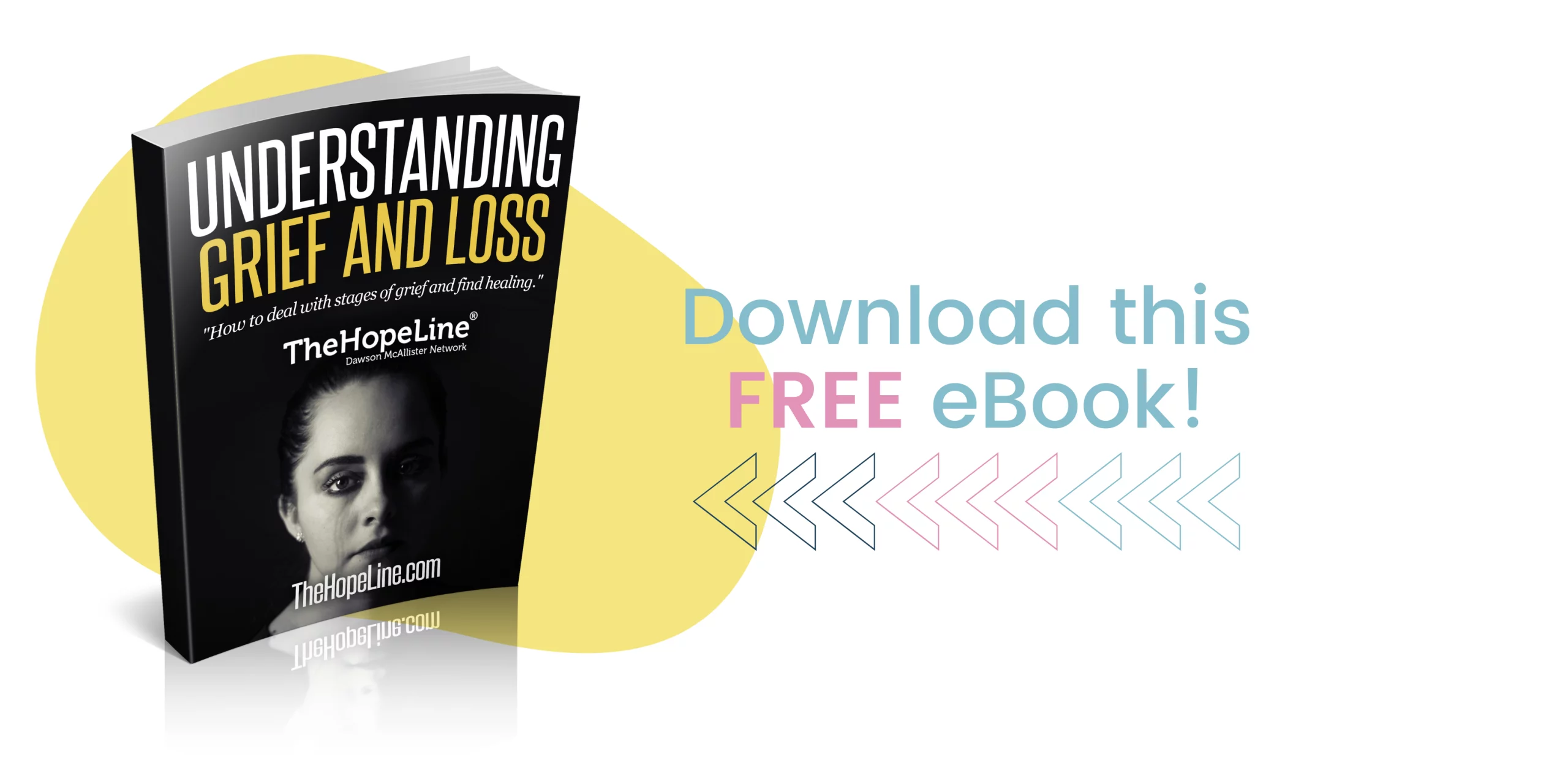When you’ve lost a loved one, it can feel like you’re being hit by wave after wave of grief. Everything seems to remind you of them, and your emotions seem stronger and more painful than they’ve ever been.
In those times, I know what it feels like to just want the pain to stop. Part of you wonders, “When will this be over? When can I stop hurting and get my life back?”
Adjusting to “the New Normal”
It may be painful to hear the truth, but I think it’s important for real healing. Grieving for someone you love never really stops. Grief recovery expert Stephen Moeller puts it this way:
“The passage of time has nothing to do with actually moving through the pain of loss. If anything, all that happens as time goes by is that grievers become so accustomed to living with the pain that it becomes an everlasting part of their lives. That pain will continue to control them if they fail to take meaningful action to actually deal [with] it .”
The pain doesn’t go away with the passage of time. But when we expect pain, rather than trying to ignore it, get over it, or make it go away, we can be honest about how it makes us feel. And, if we are willing to adjust to the “new normal” of grieving, we’re more likely to reach out for help when we need it.
The Symptoms of Grief
Of course, the severity of your feelings will likely change over time. It depends on how close you were to the person you lost. Grief symptoms often mimic physical or mental illness. Crying, loss of appetite, depression, changes in mood, and difficulty eating or sleeping are some of the most common ways grief shows up in our bodies and minds.
While you’ll never stop loving and missing the person who has died, you will likely see a decrease in the intensity of these symptoms.
How Long Does Grief Take?
Check-in with yourself often and try to keep track of how strong grief is when it hits you. How are you feeling a month later? 3 months later? Do you feel different after 6 months? Noticing how your grief changes is important in the healing process. It also makes it easier to manage grief, although grief is always a bit unpredictable.
If it’s been several years, and you still feel like your grief is so bad that it diminishes your quality of life, see your doctor and your mental health professional. You may be experiencing a type of grieving that requires special treatment.
And remember that, no matter how dark your grief feels, God is always there to comfort you. Saying a prayer or asking others to pray for you can calm the fear and isolation that grief often brings with it.
Don’t Forget to Keep Living
It is tempting when I am grieving a loved one to retreat into my grief and stay there. Of course, it’s important to allow ourselves time to grieve. But don’t feel guilty about continuing to live your life and do things you enjoy. Start with the little things, like taking a walk in the park or enjoying a cup of your favorite tea.
When gathering with friends, it’s okay to talk about your feelings of grief. But it may also help to ask them about their lives in order to prevent the overwhelm of missing your loved one. And of course, showing gratitude for them and for your time together is a great way to focus on the little joys of life.
Grief recovery is hard, but it’s not impossible. Sharing your grief experience in a support group setting with others who have also lost loved ones may also be very helpful. You can find a grief support group here: Grief Share
You can also talk to a HopeCoach at the HopeLine anytime you need help working through grief. We are here for you, and we grieve with you as you mourn this loss.
For more on how to understand grief and loss read, Is Grieving Ever Wrong or Unhealthy?



